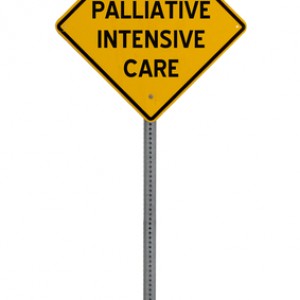 The availability of Palliative Care and referral patterns of European Lung Cancer specialists was recently examined. The study entitled “Attitudes and referral patterns of lung cancer specialists in Europe to Specialized Palliative Care (SPC) and the practice of Early Palliative Care (EPC),” was published in the journal Palliative Care.
The availability of Palliative Care and referral patterns of European Lung Cancer specialists was recently examined. The study entitled “Attitudes and referral patterns of lung cancer specialists in Europe to Specialized Palliative Care (SPC) and the practice of Early Palliative Care (EPC),” was published in the journal Palliative Care.
A recent report for the American Society of Clinical Oncology (ASCO) concluded that the Standard Oncology Care (SOC) does not offer information about disease prognosis, potential benefits and limitations of disease directed therapy, and of the role of Palliative Care (PC).
PC focuses on providing “active, holistic care of patients with advanced, progressive illness, including management of pain and other symptoms, where provision of psychological, social and spiritual support is paramount.” Also, PC aims to provide the best quality of life to patients and families. This paradigm can be broadened to early stages of the illness and in combination with other treatments. In this regard, Early Palliative Care (EPC) has been studied in conjunction with SOC in patients with advanced metastatic lung cancer with results showing benefits of this approach such as improvement of patients’ symptoms, quality of life and satisfaction, and a reduction in caregiver’s burden. As a result, EPC was recommended by the ASCO to be used in the early course of illness for all patients with advanced or metastatic cancer.
[adrotate group=”3″]
The team of researchers led by Haris Charalambous from the Bank of Cyprus Oncology Centre, Nicosia, Cyprus conducted an online survey aimed to understand availability of PC services in PC European Centres. Members of the European Organization of Research and Treatment of Cancer (EORTC) and Lung Cancer Group (LCG) were asked to participate in an online survey. Reactions of the 50 (29.4%) specialists respondents were analyzed.
The majority of the specialists (75%) revealed only to refer patients when there is no other available treatment, with only 22% showing interest in referring in early stages of the disease.
In terms of obstacles for referral to PC the specialists arguments included negative attitudes of patients to PC (26%), lack of availability of PC services (20%), lack of expertise of PC physicians(18%), belief that referral to PC signifies abandoning patients (8%), and that PC specialists discourage active oncological therapy (8%). Most specialists showed a positive attitude towards PC and seventy-eight percent of respondents said to be interested in participating in a trial of EPC.
Results from this study revealed good availability of SPC services in the centres where European LC specialists work. The majority of LC specialists have positive attitudes towards SPC, and the obstacle to referral is the specialist perception that patients do not like being referred to PC. In terms of their referral patterns, LC specialists refer most patients to SPC, but predominantly late in the disease trajectory.

